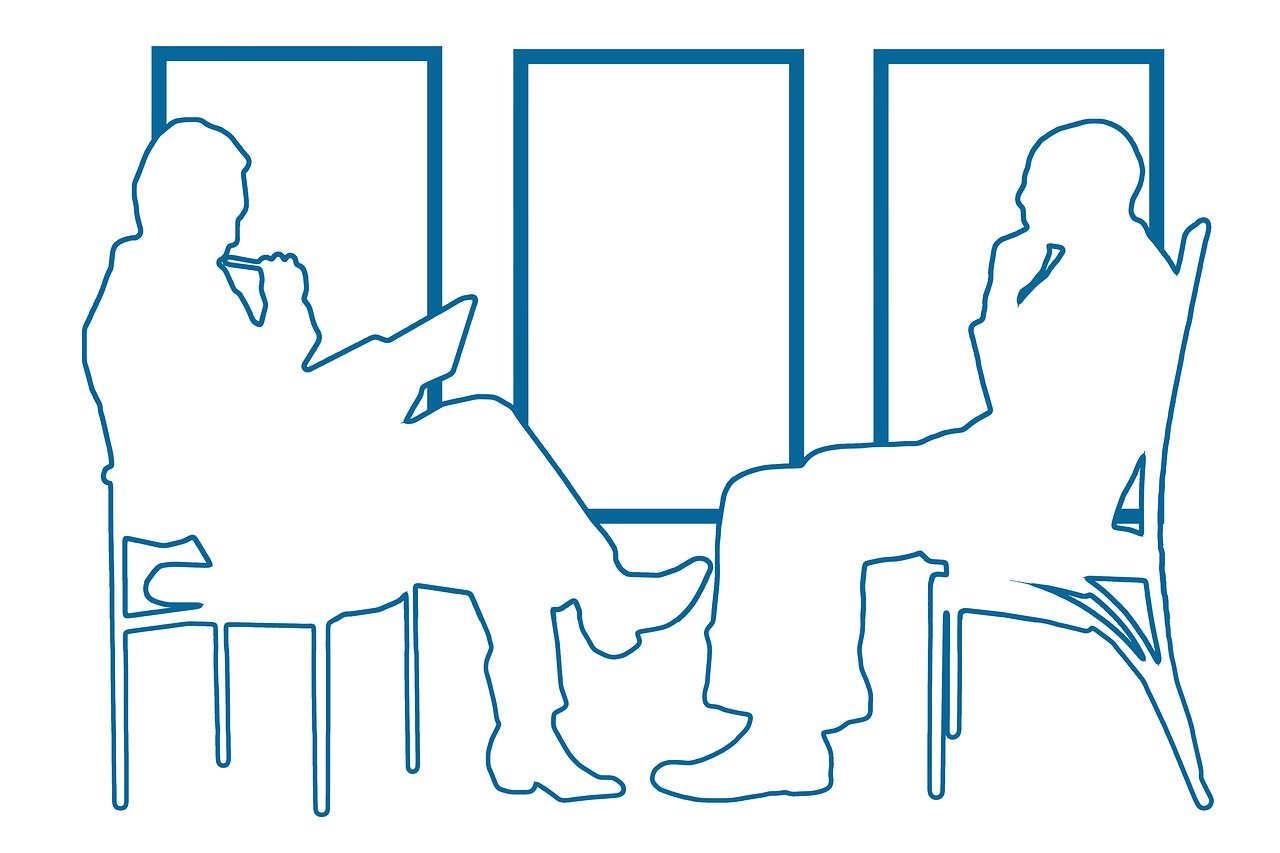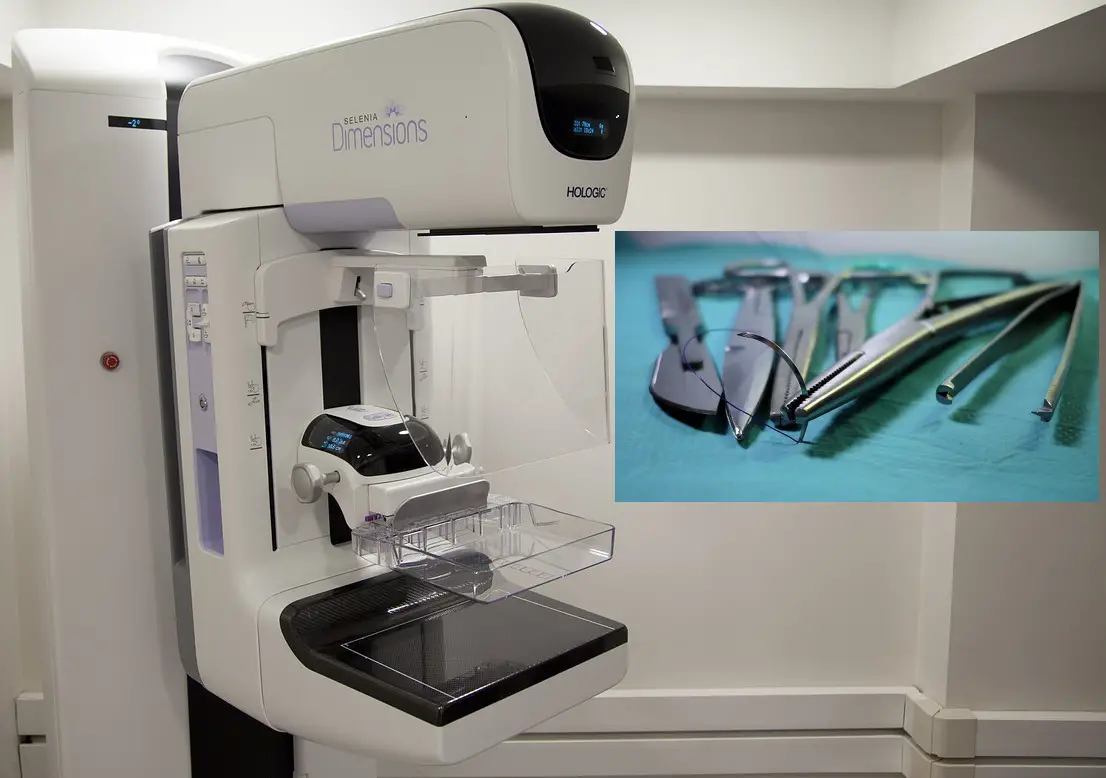
Question About Informatics Versus IR:
Dear Dr. Julius
Thank you for this amazing blog; there are many useful topics that we don’t cover during our training. As I am finishing my second year of radiology, now is the time to choose the fellowship. I will be happy to hear your opinion as I am debating between two pathways.
I am making some bullet points for each as pro and cons.
1. IR
• ( + )Higher salary, further as it becomes more competitive, I can imagine that it will become more exclusive and the pay will keep rising.
• ( + )Now, with the introduction of the direct IR residency path, it might be the last time to join, and I should seize this opportunity.
• ( + )With all the hypes of artificial intelligence taking over diagnostic in a decade, this seems to be the long term responsible choice.
• ( – )I like from time to time interventions, but I hardly see myself enjoying it for life, especially considering overnight calls when I have a family.
2- Informatics and diagnostics-
• ( + )I am personally fascinated with all the current potential of informatics. Maybe naively thinking that we are still very early in the artificial phase of our profession, I could enjoy diagnostic, perhaps enjoy the creativity phase of this upcoming technology, and maybe also become a leader in this field.
• ( – ) Diagnostic salary will probably decrease in contrast to IR, and there is a chance in a decade that I might be obsolete
• ( – ) 2 years fellowship without any short term financial benefits
The rational choice will probably be to go to IR, but I feel that I should take a chance with informatics,
I will be happy to hear your opinion.
Answer:
Once again, some great questions. I love my audience!!!!
Anyway, to answer your specific questions, I am going first to give you my general gestalt about the two fields. Then, I will go through your sentiments for each bullet point (some of which are correct but others are a little off the mark)
My Opinions About IR:
So, when it comes to IR, it is the type of field where you need to invest your life toward that end fully. What do I mean by that? It has more “surgical subspecialty like” qualities than the rest of radiology. If you decide you don’t like to do PICCs and Ports or you determine later on that you are not interested in seeing patients, it can become challenging to extricate yourself from the specialty. And, as you mentioned, it can be hard on the family, not necessarily because of less vacation time (usually interventionalists get more), but instead, you can expect to leave earlier and come home later on a typical workday. Additionally, you may be taking overnight call a bit more often than other areas of radiology.
Furthermore, especially in the beginning, if you decide you want to learn more about informatics independently while doing IR, it will be more challenging to make the time to do so. You need to establish yourself in the Interventional first to become the “go-to” person in the field. That said, anything is possible if you put in the time. It’s just a matter of how much time you want to spend with a family versus work. On the other hand, if you were to decide on another field in radiology, it would be a bit easier to learn more about informatics on top of your regular diagnostic radiology career.
My Opinions About Informatics:
In terms of informatics, I would recommend you first have some idea about what you might want to pursue within the field before you begin down that rabbit hole. The career options vary more widely than any other subspecialty in radiology. Do you wish eventually to become a CIO of a practice or hospital? Or, maybe you want to become an entrepreneur or work for a private company? Perhaps, you want to be the key “tech” guy within the practice that can fix the PACs systems? I would say before thinking about the specialty as a whole; I would first target a specific area so that you can hone in precisely what you would want from the informatics training before you start. It would be best if you had an idea about what you want before you begin or else the training you receive in informatics may not be as helpful for your career.
As much as I love the specialty of informatics as a career choice, this specialty seems to me to be more like an MBA. It gives you the tools to help you in your career. But, if you don’t know what you are doing, it’s just another title!
Addressing The Bullet Points:
Now for the answers to the bullet points:
IR
1. IR usually has a higher salary because they work more time, not because they make more per unit worked. The reimbursement for IR procedures is overall worse than many other subspecialties in radiology. Salary is a function of supply and demand. As more people enter the field, you increase the supply and decrease prices.
2. I agree that doing the direct pathway now would save you an extra year of training if you decided to go that route. However, it is more important that you like what you do. So, that would not be my first consideration.
3. I don’t see AI taking over any subspecialty within radiology during your or my career lifetime. AI is just as likely to take over interventional as any other subspecialty in the field. (you can refer to some of the prior blogs on the topic- especially the one from the RSNA last year)
4. The most valid consideration that you mentioned is the time issue/overnight calls. I agree with that sentiment entirely
Informatics/diagnostics
1. Interest in the field is the most important factor for deciding on a career path. If you enjoy what you do within a radiology subspecialty, you will be successful regardless of the field. Fascination and curiosity are great reasons to enter a field. (especially when you can get paid well for it!)
2. I don’t believe that you will become obsolete in any area within radiology as long as you keep up with the changes. Moreover, it is hard to predict where the salaries will be decreasing the most within radiology. Don’t be so sure that a salary for an interventionalist will be higher in the future than someone who is involved in informatics. It all depends on what you do.
3. From what I have read, you can do a one or two-year fellowship in informatics or any variation in between. Moreover, you can certainly moonlight during the time that you are completing the fellowship to increase your salary for the year or two that you are there.
So, there you go. My final summary: I believe that for interventional radiology, you have to be “all-in.” It needs to be a calling more than any other area in radiology or else you will regret choosing the field. And yes, informatics is only as good as how you choose to use it. Have an idea of precisely what you want before you pick that route.
Hope this long-winded summary helps!
Barry Julius, MD
















